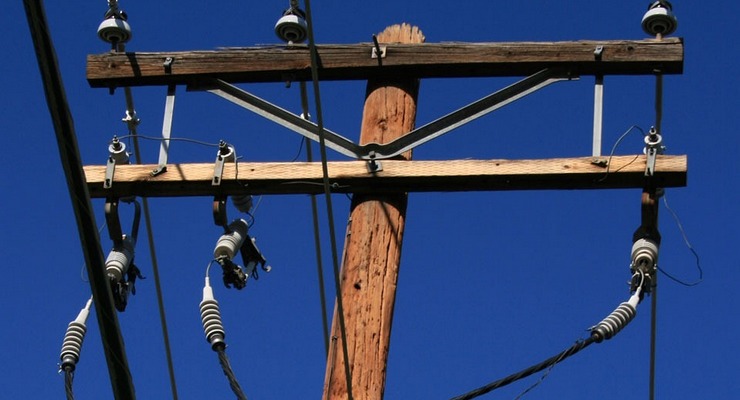
Pasadena Water and Power is facing supply chain disruptions that could affect critical infrastructure projects and potentially impact service delivery. According to a PWP memorandum, the Municipal Services Committee will discuss these challenges in a meeting scheduled for Tuesday, July 9.
The memorandum from David M. Reyes, Pasadena Water and Power (PWP) Interim General Manager, outlines persistent supply chain issues across various sectors. Many of the issues stem from global manufacturing slowdowns, increased material costs, and extended lead times for essential components.
According to the memorandum, the power sector is particularly affected, with wooden utility poles facing significant challenges. New environmental regulations and California’s wildfire mitigation efforts have led to increased demand and prices, with costs rising between 26% and 150% in some cases.
The document states that lead times for wooden poles have increased dramatically, from 6-8 weeks to 30-36 weeks, posing a major risk to voltage conversion projects. PWP is implementing several strategies to mitigate these issues, as outlined in the memorandum, including refraining from using operational and maintenance stock until project-specific orders arrive and investigating alternative poles and preservatives.
Transformers are another area of concern, the memorandum said. Manufacturers are operating at full capacity and reluctant to enter long-term fixed-price contracts. Prices for transformers have skyrocketed, increasing by 100% to 500%, while lead times have extended from 3-6 months to 18-36 months. PWP is considering refurbishing used transformers where possible as part of its mitigation strategy.
The situation is equally dire for switches, with prices rising by over 37% in some cases and lead times increasing from 3-6 months to 7-9 months. PWP warned these delays could affect planned system expansion and replacement projects. It also noted that switch demand is affected by the impending ban on Sulfur Hexafluoride (SF6) gas by 2025.
Cable supplies are also under strain, PWP said. Prices have increased by approximately 50% and lead times have extended from 4-6 months to 12-14 months, posing risks to planned cable replacement projects. The memorandum highlights a recent accelerated rate of cable failures causing loss of critical line redundancies.
In the water sector, the memorandum said water supply in Pasadena is not immune from these challenges. Critical electrical equipment for operating drinking water wells and booster pump stations is experiencing significant delays, with lead times increasing from 3-4 months to 9-18 months.
PWP said disinfectant supplies crucial for treating drinking water have seen price increases of 27% for chlorine gas, posing a major risk of increased purchases of imported MWD water or paying premium market prices for disinfectant. Pipeline and related materials have also been affected, with delivery lead times increasing from 2 to 6 months.
To address these challenges, the memorandum outlines various mitigation strategies to include diversifying supply sources, investing in inventory, enhancing forecasting and planning through data analytics to predict and manage supply chain disruptions, and substituting available equipment when possible.
The Municipal Services Committee meeting will review these supply chain challenges and provide recommendations to the City Council.
Tuesday’s meeting begins at 4 p.m. in the City Council chamber at City Hall.














 35 comments
35 comments


